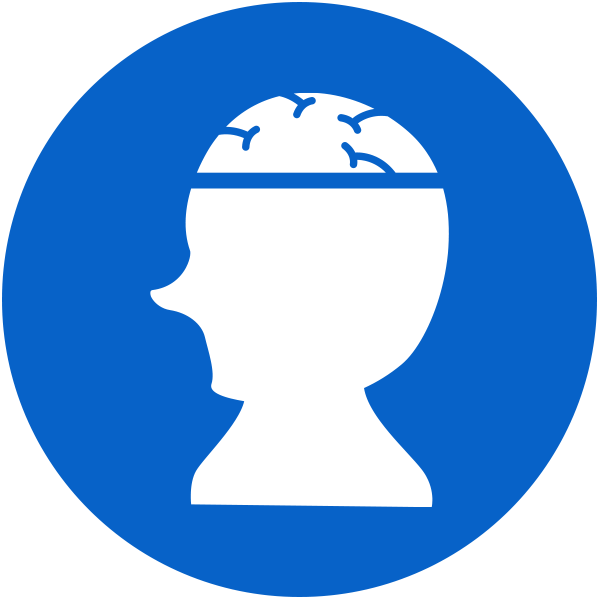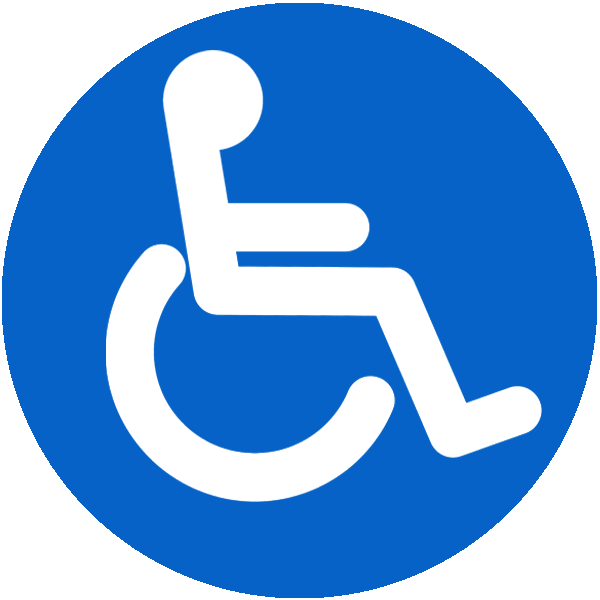Mental health

We offer the right support for individuals with mental health problems.
Mental health problems are defined and classified to help experts refer people for the right care and treatment. The symptoms are grouped in two broad categories – neurotic and psychotic.
Neurotic conditions are extreme forms of “normal” emotional experiences such as depression, anxiety or obsessive compulsive disorder (OCD).
Psychotic symptoms affect around one in 100 and these interfere with a person’s perception of reality, impairing their thoughts and judgments. Conditions include schizophrenia and bipolar disorder.
We support individuals with a range of mental health needs. Our support includes dual diagnosis and support is designed to achieve the best possible mental health for people by working to enhance personal development.
For further advice on the ways we can offer you support, please call our friendly referrals team on 0330 333 7484 or email referrals@selectlifestyles.co.uk
Your referral to placement journey
- We get your referral through from your local authority, commissioners or procurement team that has been assigned your case.
- Your referral will reach us in a form of a brief profile or pen picture. At this point we will review all the information on your profile and see if we think we can provide you with the support you need.
- After reviewing your profile, we will arrange a date with you where we will complete an assessment. In this assessment, we will get to know you better and build on the profile we have of you in much more detail. Our assessment can be completed with families, schools, carers and professionals.
- At this point, we will review all our findings from the completed assessment and decide whether we can meet your specific needs from your required support.
- If we feel we can meet your needs, we will identify which house would be most suitable for you following our findings in our assessment. At this point we will arrange a viewing of the chosen property with yourself, any family members and professionals you wish to come with you to see if you like it.
- If you’re happy with the house and would like to move forward with your placement, this is the point where we will discuss and arrange any adaptations to the property you require (if any), such as ramps and handlebars or person specific training.
- The team assigned with your referral and placement will then configure your costings of your required support based on our assessment and send these to your local authority. These are also sent to your social worker for them to take it to panel and gain approval of our proposed costings.
- Once the costings have been agreed for your support, we will look at the best possible next step. This can be either a period of transition or a direct moving in date. At this point we will ask you if there is anything you want changing in the property to accommodate your preferences better, such as soft furnishings and colour schemes.
Before the moving in day
- All the relevant information of your support will be passed onto the service that you have chosen to live at. The service manager will brief the support team before your arrival so that they have full knowledge of your requirements before you move in.
- We will contact you and your family before the date to see if you want any help from our removal team with moving into your new home.
On the moving in day
- Jas (our Business Development Manager), a member of our finance team and the service manager will be there on the day you move in.
- We will need to sit with you to go through your welcome pack and make sure you have everything you need on your first day. The welcome pack includes your Tenancy Agreement, information on how to make a complaint, information on paying your service charge, contact information for people at Select Lifestyles and information on how to raise safeguarding (these include easy read documents).
- We will also go through all the house rules and all the dos and don’ts.
- The member of the finance team will be there to help you fill out any forms for your housing benefits and to set up any standing orders.
- Your support plan will be put together with your support team and yourself throughout your time with us, and this is open for everyone to view such as your family for any tweaks and amendments.
After your moving in day
- Your placement will be reviewed within a month with us, your parents and your social worker to see how you’re settling in.
Who we support

Aquired Brain Injury
Acquired brain injury (ABI) adversely affects the freedom, choices and independence of an estimated 500,000 young people and adults living in the UK.

Autistic Spectrum
Autism Spectrum disorder (ASD) is the name for a range of similar condition, including Asperger syndrome, that affect a person’s social interaction, communication, interests and behaviour.

Behaviours that challenge
Behaviours that challenge are not a learning disability, but people with a disability are more likely to show behaviours that challenge.

Learning Disabilities
A learning disability affects the way a person understands information and how they communicate. This means they can have difficulty understanding new or complex information, learning new skills and coping independently.

Mental Health
Mental health problems are defined and classified to help experts refer people for the right care and treatment. The symptoms are grouped in two broad categories – neurotic and psychotic.

Physical Disabilities
A physical disability is a significant and long-term condition that impacts a specific part of an individual's body, leading to restrictions and limitations in their physical capabilities, mobility, endurance, or manual skills.
